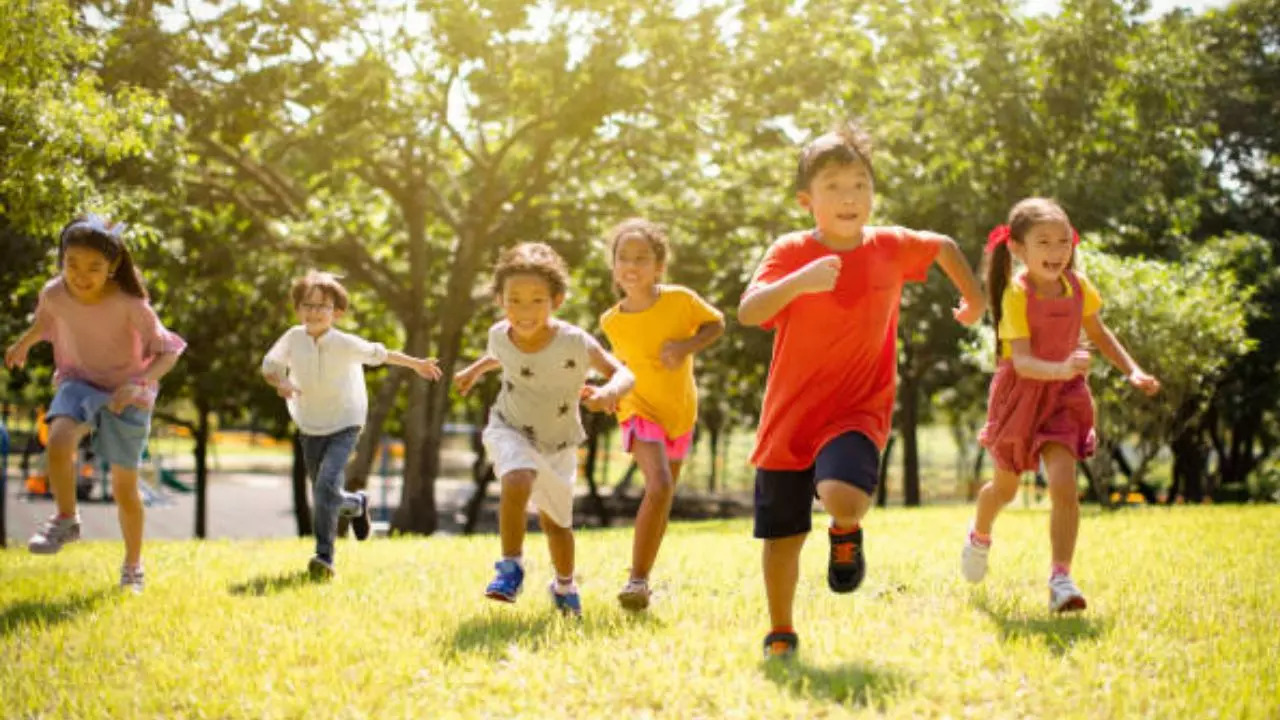A recent study reveals that children with better physical fitness are more likely to experience improved mental health and cognitive function as teenagers. Researchers found that kids who excelled in shuttle sprints performed better on cognitive tests during adolescence. Further, higher cardiovascular fitness in childhood was linked to lower levels of stress and depression among teens.
Eero Haapala, senior lecturer of sports and exercise medicine at the University of Jyvaskyla in Finland, emphasized the importance of viewing physical fitness holistically, noting that poor fitness can lead to mental health challenges and impaired cognitive skills essential for learning. The study, published in Sports Medicine, tracked the physical fitness of 241 Finnish children over eight years, from childhood through adolescence, and compared their fitness levels to cognitive performance and emotional well-being. The results showed that fitter children reported lower stress and depression levels during their teenage years, which may be attributed to increased self-esteem and mental resilience.
However, the researchers cautioned that excessive screen time might reduce the benefits of physical fitness. Haapala urged society to prioritize physical fitness in children and adolescents by promoting physical activity in schools, leisure time, and hobbies. Kids with good physical fitness are more likely to grow into teens with better mental health and brain function, a new study has found.
Children .


















